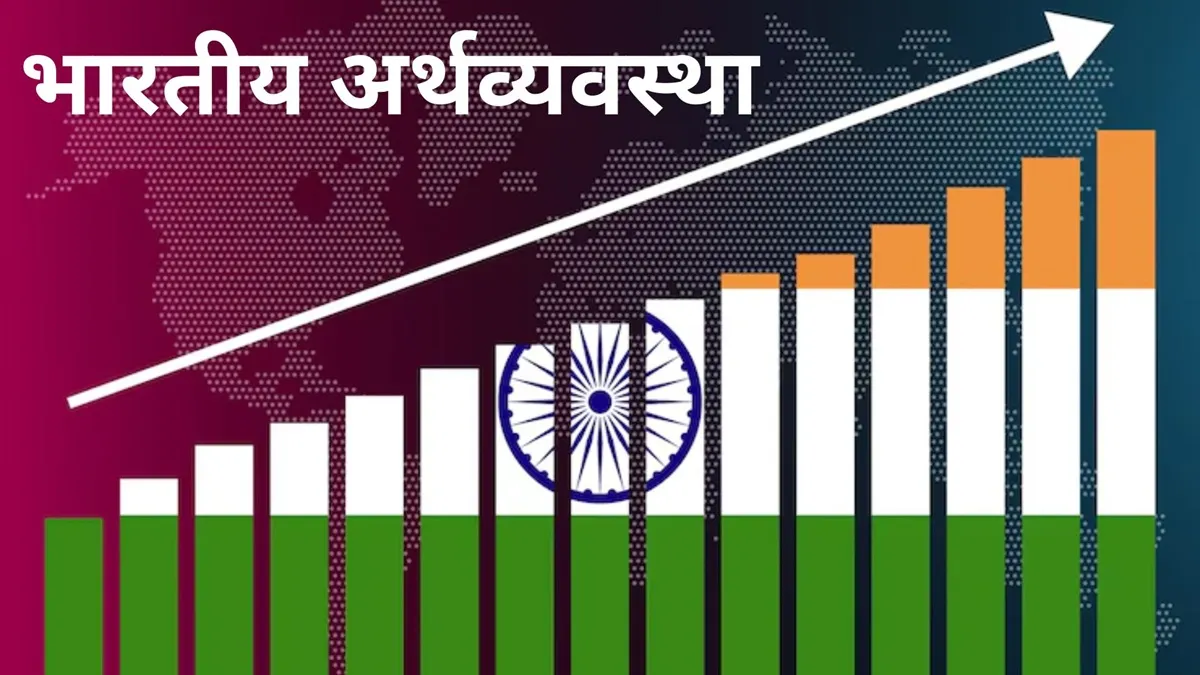
India is expected to move forward with a growth rate (GDP) of 6.5 percent in 2025. This is estimated in a report released by the United Nations on Wednesday. The United Nations Trade and Development (UNCTAD) has expressed strong confidence in India in its new report. According to PTI news, this report said that in 2025 the global growth rate is estimated to be slow to 2. 3 percent, which can lead to the way of recession the world economy. The report cite increasing dangers, including the business policy shock, increased financial instability and uncertainty that leads to derailment of the global approach.
Slightly less than the growth of 6.9 percent of 2024
According to the news, the report stated that India is estimated to have a growth of 6.5 percent in 2025, which is slightly lower than the growth of 6.9 percent in 2024, but still it will maintain its position as the fastest growing major economy. UNCTAD estimates that India will increase by 6.5 percent in 2025, which will be due to continuous strong public expenditure and ongoing monetary ease. The decision to cut the interest rate by RBI for the first time in five years in early February will support domestic consumption as well as promote private investment schemes.
South Asia region growth rate
The United Nations Trade and Development i.e. UNCTAD estimates that the South Asia region will increase by 5.6 percent in 2025, as the decline in inflation will open the way for monetary relaxation in most areas. The report also said that despite this, food price instability will remain a risk and complex debt dynamics will be burdened with economies such as Bangladesh, Pakistan and Sri Lanka. It has also been said that the world economy is going through a recession, which is due to increasing trade stress and constant uncertainty.
Recession will affect all countries
Growing trade stress is affecting global trade, United Nations Trade and Vikas said that recent tariff measures are disrupting the supply chain and the forecasts are decreasing. The report stated that the trade policy uncertainty is historically at a high level, and it is already being transformed into investment decisions delays and less appointments. The recession will affect all countries, but UNCTAD is concerned about developing countries and especially the weakest economies.
Latest business news